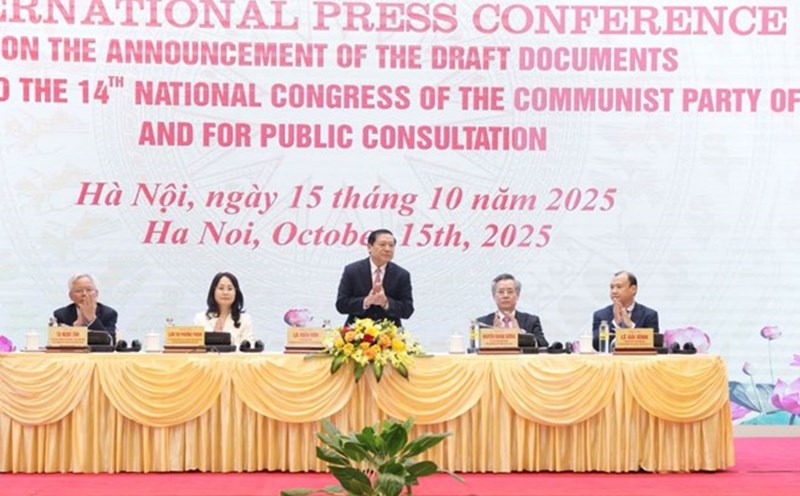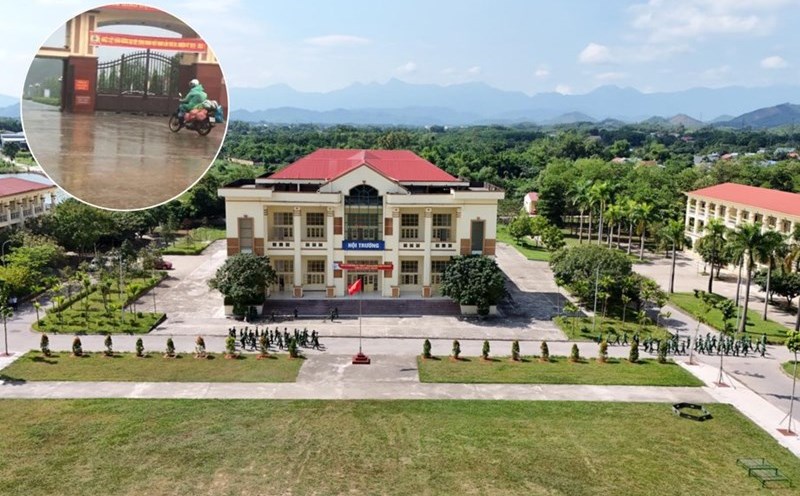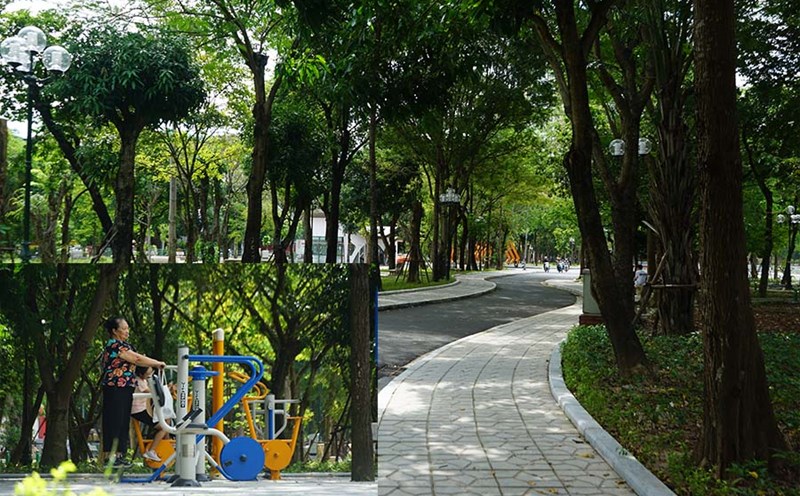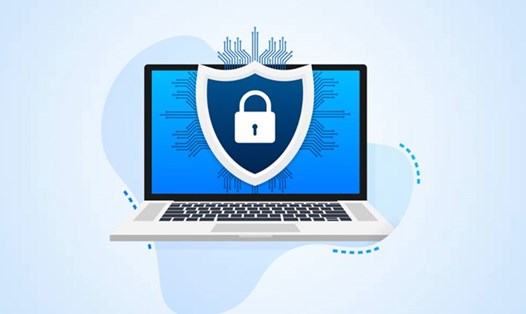On the afternoon of October 21, the National Assembly discussed in groups the work reports for the 2021-2026 term of the President, the Government, the Supreme People's Court, the Supreme People's Procuracy, etc.
Major General Nguyen Minh Hoang - Vice Chairman of the Vietnam Fatherland Front Committee (VFF) of Ho Chi Minh City, Chairman of the Ho Chi Minh City Veterans Association - expressed concern about the deterioration of ethics, culture, and behavior, especially in cyberspace.
He said that the press has also reported a lot of information about these phenomena. Among them, there is an extremely dangerous situation of online kidnapping, causing people to live in a state of insecurity.
Students are the ones who need to practice life skills through social interaction, but now many people are increasingly recovering and being afraid of communication because they are afraid of risks, many parents are afraid that letting their children go out is "losing their children".
The delegate said that if not overcome soon, they are afraid that a part of children and students will gradually become "Industrial chickens", lacking courage, skills and the ability to adapt to society.
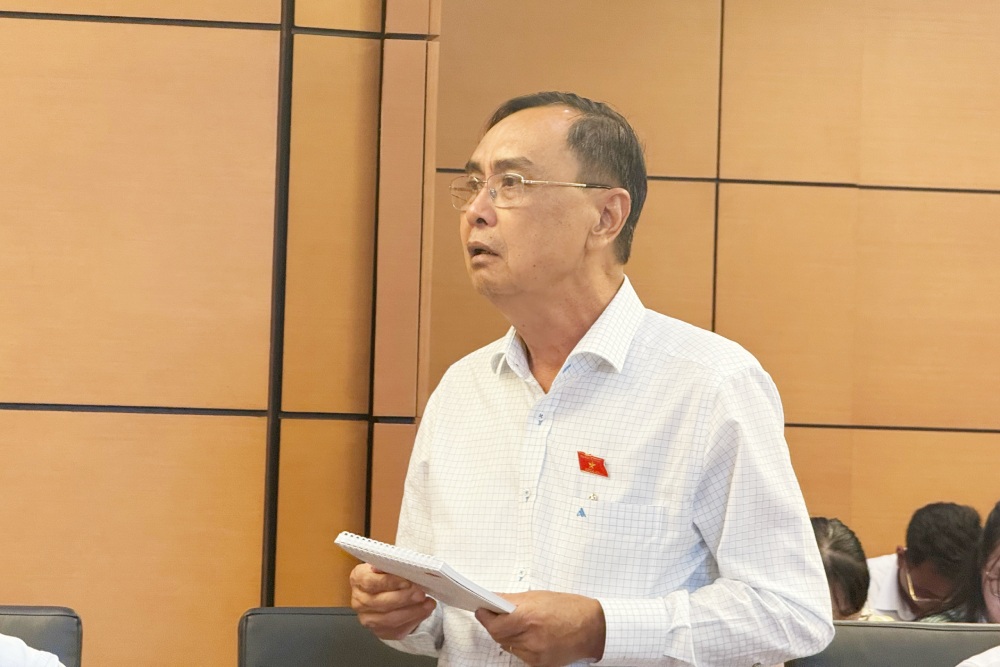
Speaking later, Lieutenant General Nguyen Minh Duc - Deputy Chairman of the National Defense, Security and Foreign Affairs Committee - further clarified the concerns of delegate Nguyen Minh Hoang with clear warnings so that people do not fall into the trap of "online fraud".
According to the delegate, the common method today is to impersonate police, prosecutors, courts or law enforcement agencies to make phone calls, send videos, text messages or links to commit fraud. The target audience is often vulnerable people: the elderly, people with little legal knowledge, or minors using social networks.
However, the delegate affirmed that Vietnamese law does not allow police, prosecutors, courts, tax or even banks to work with citizens over the phone, video calls or text messages.
All violations and problems with the law must be notified in writing, with red stamps, sent by post or directly. Impersonating police officers, prosecutors, judges via video to request information, transfer money... are all acts of fraud," said Mr. Minh Duc.
The reason why people are deceived is largely due to lack of legal knowledge, lack of information and especially the habit of sharing personal photos and videos that is rampant on social networks of a part of the people. This habit has created conditions for criminals to take advantage of and manipulate psychology.
Currently, artificial intelligence (AI) can collect and analyze personal data through just a few videos, thereby grasping behavior, psychology and creating scripts to manipulate and control victims.
Once psychological control is achieved, the subject easily lures the victim into falling into the trap, going to a self- Detention center (called an "online kidnapping") or asking to provide an OTP code, accessing fake links.
Legally, Lieutenant General Nguyen Minh Duc informed that the National Assembly has just passed the Law on Personal Data Protection, with very strict regulations.
Even businesses that install cameras in the office to monitor employees must comply with strict regulations, avoid abusing data for analysis and sale outside.
According to Lieutenant General Nguyen Minh Duc, we also need to study and develop regulations on the age allowed to use social networks, similar to many countries such as the US, EU, etc. There, social network account registration must be associated with real ID information, limited age, duration of use and only access appropriate content, avoiding addiction.
As long as people are alert, check the source of calls, and block strange numbers, we can prevent most of the current cyber fraud cases, Lieutenant General Nguyen Minh Duc advised.

